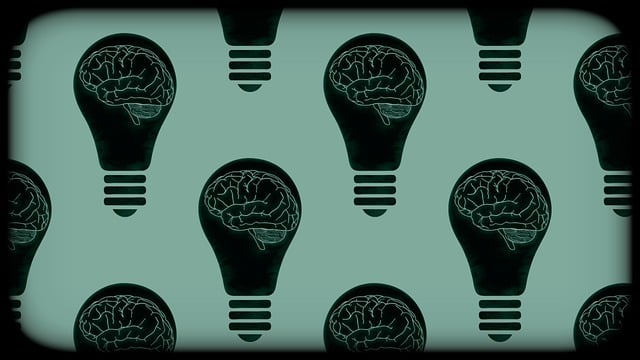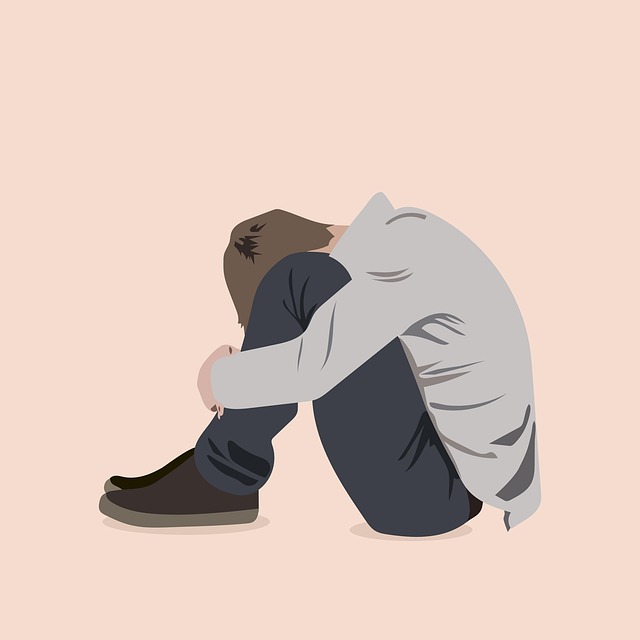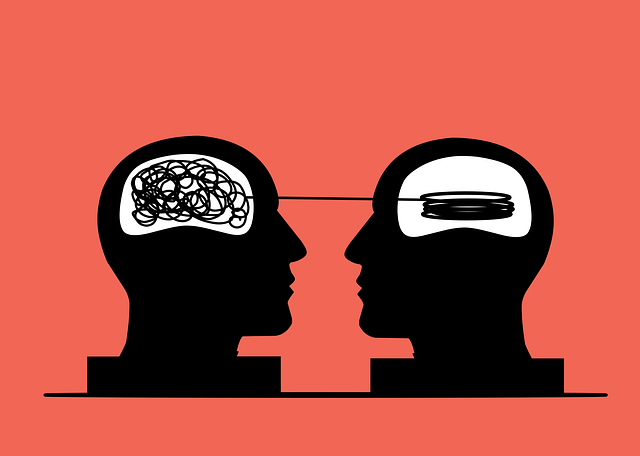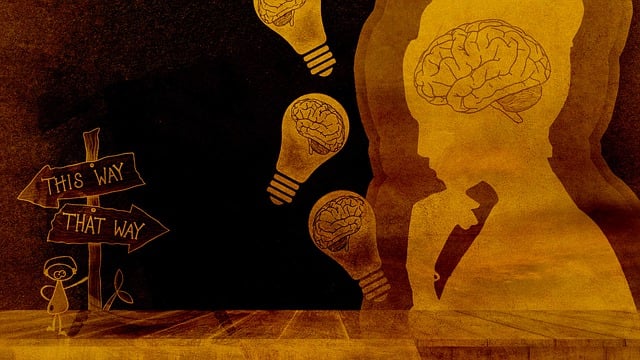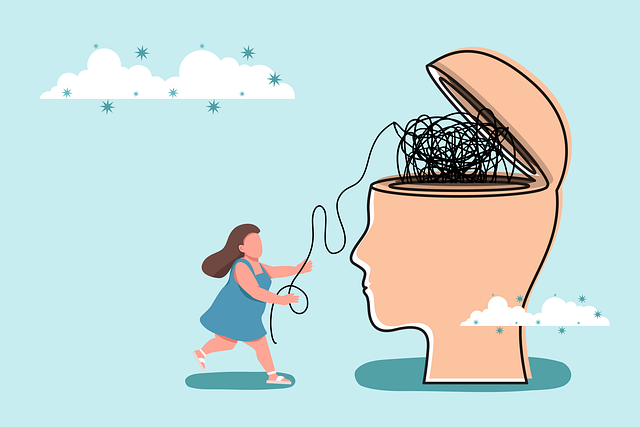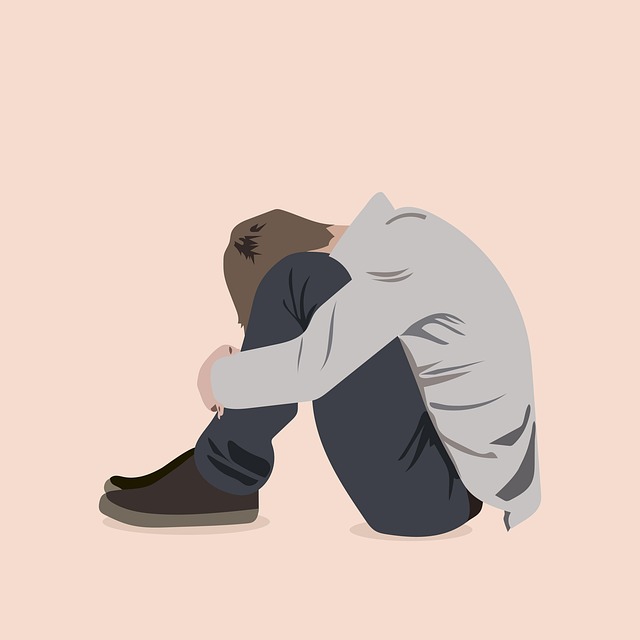Lone Tree Sexual Abuse Survivor Therapy provides specialized, safe spaces for healing from trauma, focusing on evidence-based approaches like Mind Over Matter principles and mental wellness journaling. This therapy empowers survivors to process experiences, manage symptoms of anxiety, depression & PTSD, build resilience through education, and regain control over their lives. Public awareness campaigns & stress management techniques complement this approach, encouraging early intervention and long-term recovery for sexual abuse survivors.
Mental wellness promotion is a crucial aspect of healing and recovery, especially for survivors of sexual abuse in areas like Lone Tree. This article explores various facets of supporting individuals through their journey towards mental health. We delve into understanding mental wellness, its profound impact on survivors, and the transformative power of therapy. Additionally, we highlight tailored strategies to foster resilience and raise awareness among Lone Tree sexual abuse survivors, emphasizing the importance of accessible and effective support.
- Understanding Mental Wellness and Its Impact on Survivors
- The Role of Therapy in Healing and Recovery
- Supporting Lone Tree Sexual Abuse Survivor's Unique Needs
- Strategies for Promoting Mental Health Awareness and Resilience
Understanding Mental Wellness and Its Impact on Survivors

Understanding mental wellness is a pivotal step in supporting survivors, especially those who have experienced sexual abuse. The impact of trauma can significantly affect an individual’s emotional and psychological state, leading to various mental health challenges. Lone Tree sexual abuse survivor therapy focuses on creating a safe space for individuals to process their experiences and develop coping strategies. This therapeutic approach aims to empower survivors by providing tools to manage anxiety, depression, and post-traumatic stress disorder (PTSD), all of which are common consequences of such traumatic events.
Crisis intervention guidance plays a crucial role in immediate support, while well-designed mental health education programs can help foster resilience. Community outreach program implementation further ensures that resources reach those who need them most, promoting early intervention and long-term recovery. By integrating these initiatives, survivors can navigate their healing journey with increased confidence and improved overall mental wellness.
The Role of Therapy in Healing and Recovery

Therapy plays a pivotal role in the healing and recovery journey for many individuals, especially those who have experienced trauma such as sexual abuse. Lone Tree Sexual Abuse Survivor Therapy offers a safe space where survivors can process their experiences, emotions, and memories in a non-judgmental environment. Through evidence-based therapeutic approaches, survivors gain valuable tools to manage symptoms of depression prevention, process complex feelings, and work through the aftermath of their trauma.
The process involves exploring and understanding the impact of the abuse, developing coping strategies, and rebuilding self-esteem. Community outreach program implementation can further enhance access to these essential services, ensuring that survivors have the support they need. Additionally, integrating mental wellness journaling exercises into therapy can empower individuals to track their progress, express themselves creatively, and cultivate a sense of resilience.
Supporting Lone Tree Sexual Abuse Survivor's Unique Needs

Supporting Lone Tree sexual abuse survivors requires a nuanced approach that recognizes and addresses their unique needs. These individuals often face complex emotional challenges, including trauma, anxiety, and depression. Therapy becomes a crucial tool in helping them process these experiences and develop coping mechanisms. Lone Tree Sexual Abuse Survivor Therapy focuses on creating a safe space where survivors can explore their feelings without judgment, fostering emotional intelligence and regulation.
Professional therapists employ Mind Over Matter principles to empower survivors with the belief that they can regain control of their lives. Through tailored therapeutic interventions, survivors learn to manage their emotions effectively, build resilience, and reconnect with themselves and others. This holistic process is essential in helping them heal and move forward towards a brighter future.
Strategies for Promoting Mental Health Awareness and Resilience

Mental health awareness and resilience are key aspects of overall well-being, especially for individuals who have experienced trauma, such as sexual abuse. One effective strategy is through Lone Tree Sexual Abuse Survivor Therapy, where specialized therapists provide a safe and non-judgmental space for healing. These therapeutic approaches focus on empowering survivors to process their experiences, develop coping mechanisms, and rebuild their sense of safety.
Beyond individual therapy, Public Awareness Campaigns Development plays a crucial role in fostering mental health literacy. Educating communities about the signs of distress, available resources, and trauma support services can reduce stigma and encourage early intervention. Incorporating Stress Management techniques into daily routines can also build resilience against mental health challenges. This may include mindfulness practices, physical exercise, or supportive social connections, all of which contribute to a healthier mind and improved quality of life.
Mental wellness promotion is an essential aspect of supporting and healing Lone Tree Sexual Abuse Survivors. By understanding the unique impact of trauma on these individuals, we can provide tailored strategies such as access to specialized therapy for sexual abuse survivors. Implementing awareness campaigns and fostering resilience-building initiatives are crucial steps towards ensuring these survivors receive the necessary support and resources for a brighter, healthier future.

